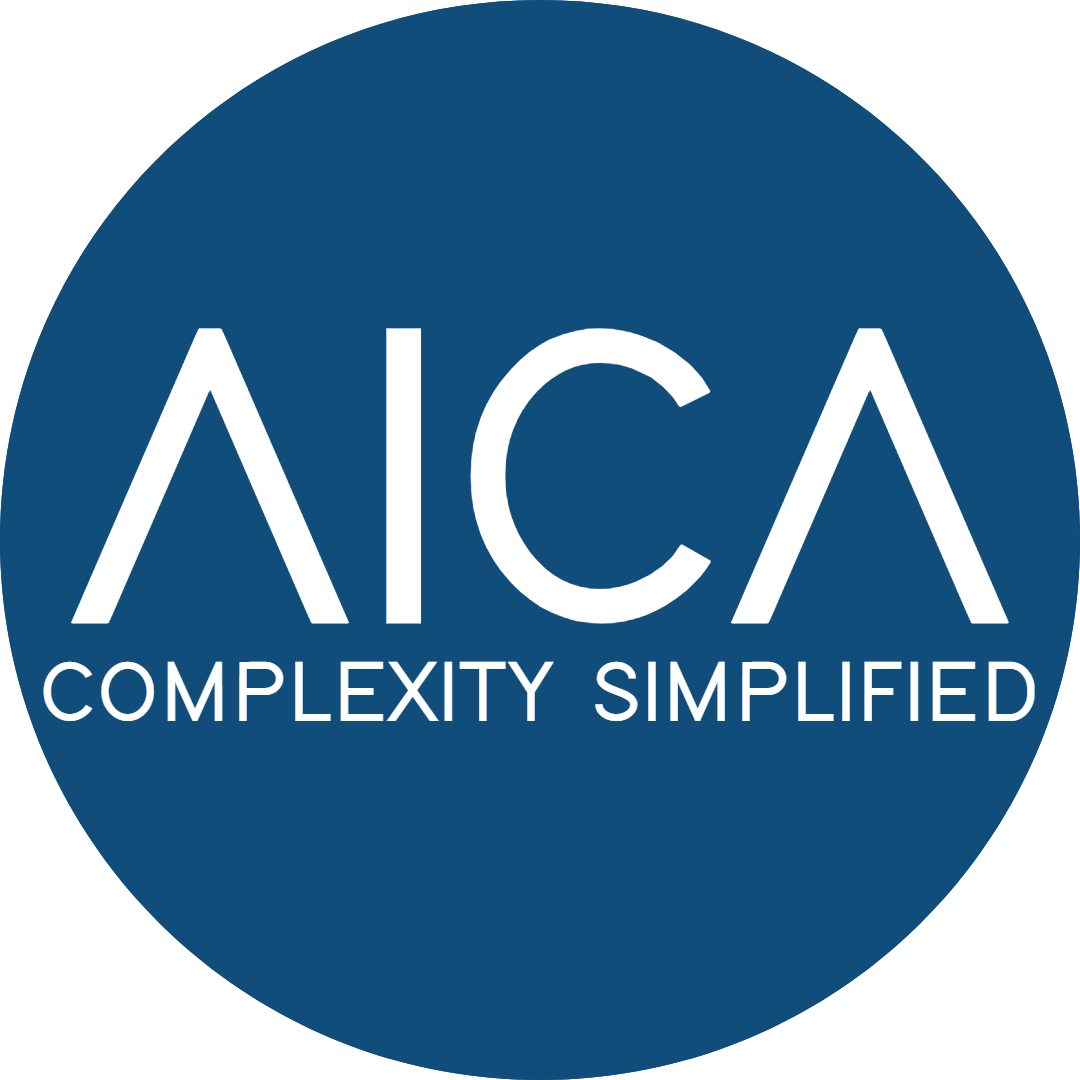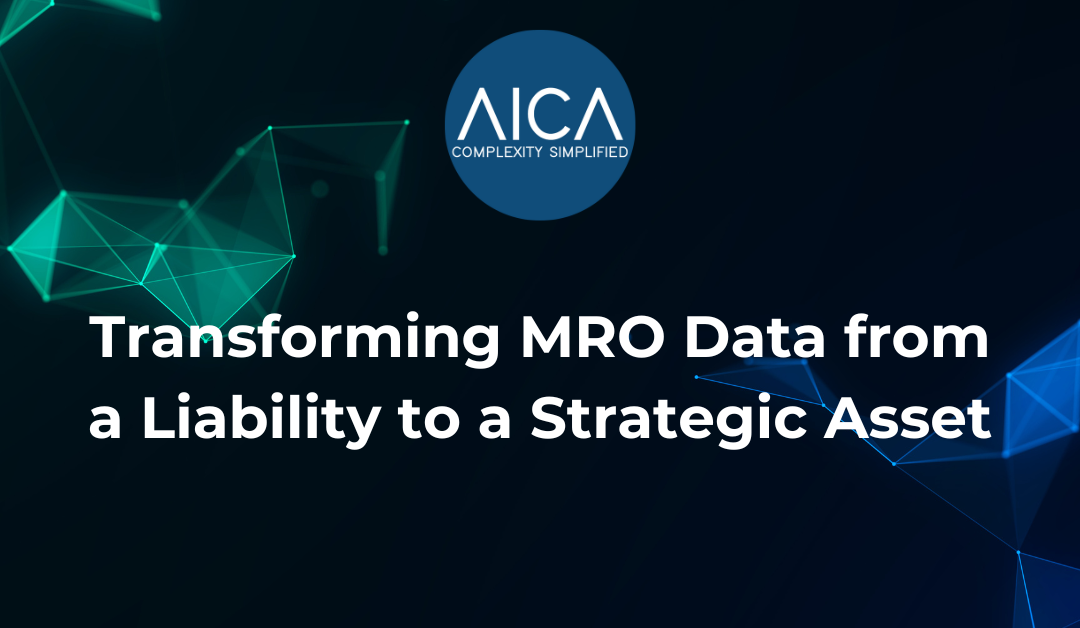Maintenance, Repair, and Operations (MRO) data is a critical component of asset-intensive industries. However, it is often one of the least managed resources. Across global operations, organisations frequently struggle with fragmented product records, duplicated entries, mistranslations, and inconsistent naming conventions.
The result is a data environment that delays procurement, causes more downtime, and introduces unnecessary risk. In many cases, poor MRO data directly affects safety, inventory accuracy, and the efficiency of maintenance planning systems. For companies operating in multiple languages or across decentralized sites, the challenge is even more significant.
For companies operating in multiple languages or across decentralized sites, the challenge is even greater.
The Real Cost of Bad MRO Data
When MRO data is poorly structured, operational issues begin to surface quickly. Items are ordered twice under different names, the wrong parts are delivered to the field, and maintenance technicians lose trust in the item master.
Specifically, some of the most common problems include:
- Conflicting part descriptions across languages
- Mistranslated specifications (e.g., “cast iron” listed as “steel”)
- Incorrect units of measure or misformatted attributes
- Abbreviations or internal codes that are not universally understood
- Duplicate entries for the same item across different locations
These errors lead to procurement delays, inventory bloat, and unplanned downtime. In some cases, they also contribute to safety incidents due to part mismatches or improper installations.
Why Generic Tools Don’t Work
Many organisations attempt to solve these problems using off-the-shelf PIM systems or general-purpose machine translation tools. But these approaches were not built for the complexity of industrial MRO data.
Machine translation tools prioritize linguistic fluency over technical accuracy. While they may produce grammatically correct results, they often fail to interpret the engineering context. This leads to what we call “silent failures”-errors that look correct, but are fundamentally wrong.
Traditional PIM systems, on the other hand, are optimized for retail or e-commerce product catalogs. They are rarely equipped to handle the structured, attribute-heavy nature of MRO data. Most require clean, pre-processed data to function effectively, adding cost and delay to implementation.
AICA’s Purpose-Built MRO Data Solution
AICA offers a domain-adapted solution specifically designed for the complexities of MRO data. Our platform combines AI-driven automation with expert validation to cleanse, standardise, and enrich technical product records across languages and systems.
Unlike generic tools, AICA’s Agentic AI has been trained on millions of MRO records, making it uniquely capable of understanding technical syntax, industrial terminology, and real-world usage patterns.
Key capabilities include:
- Cleansing and structuring product descriptions
- Enriching records with missing attributes (e.g., dimensions, materials, manufacturer)
- Standardising terminology across English, French, German, Spanish, and other languages
- Classifying data using systems like UNSPSC and GS1 GPC
- Identifying and removing duplicates
- Providing confidence scores for quality control
We also maintain a multilingual glossary of validated terms, supported by subject matter experts who resolve edge cases and ensure contextual accuracy.
Seamless Integration and Real-World Impact
AICA integrates directly into ERP, EAM, and procurement systems such as SAP, Oracle, and Maximo. Implementation begins with a centralised terminology framework, followed by the extraction and cleansing of data from ERP databases, spreadsheets, and legacy systems.
Once integrated, organisations typically see:
- A 15–30% reduction in inventory holding costs
- Up to 26% fewer purchase orders requiring rework
- Significant drops in urgent freight, returns, and part-related downtime
- Better sourcing, forecasting, and maintenance planning decisions
Because our solution supports native-language entry and validation, it also enhances collaboration across teams and geographies, a feature that generic systems cannot deliver.
Conclusion
MRO data cleansing is not just a technical exercise; it’s a foundational step toward more reliable operations, lower procurement costs, and safer work environments. As industrial organisations pursue digitisation, predictive maintenance, and AI-driven insights, the quality of their underlying data becomes a strategic advantage.
AICA provides the tools and expertise to transform MRO data from a liability into a structured, multilingual asset that works across systems and regions.
To learn how AICA can enhance the accuracy, usability, and impact of your MRO data, please contact our team.

